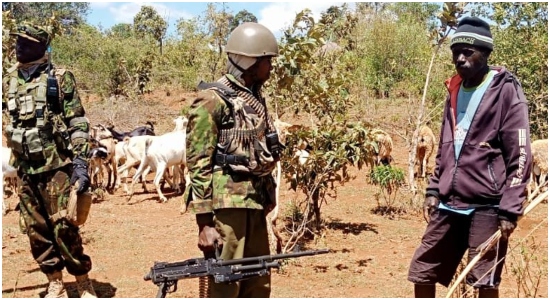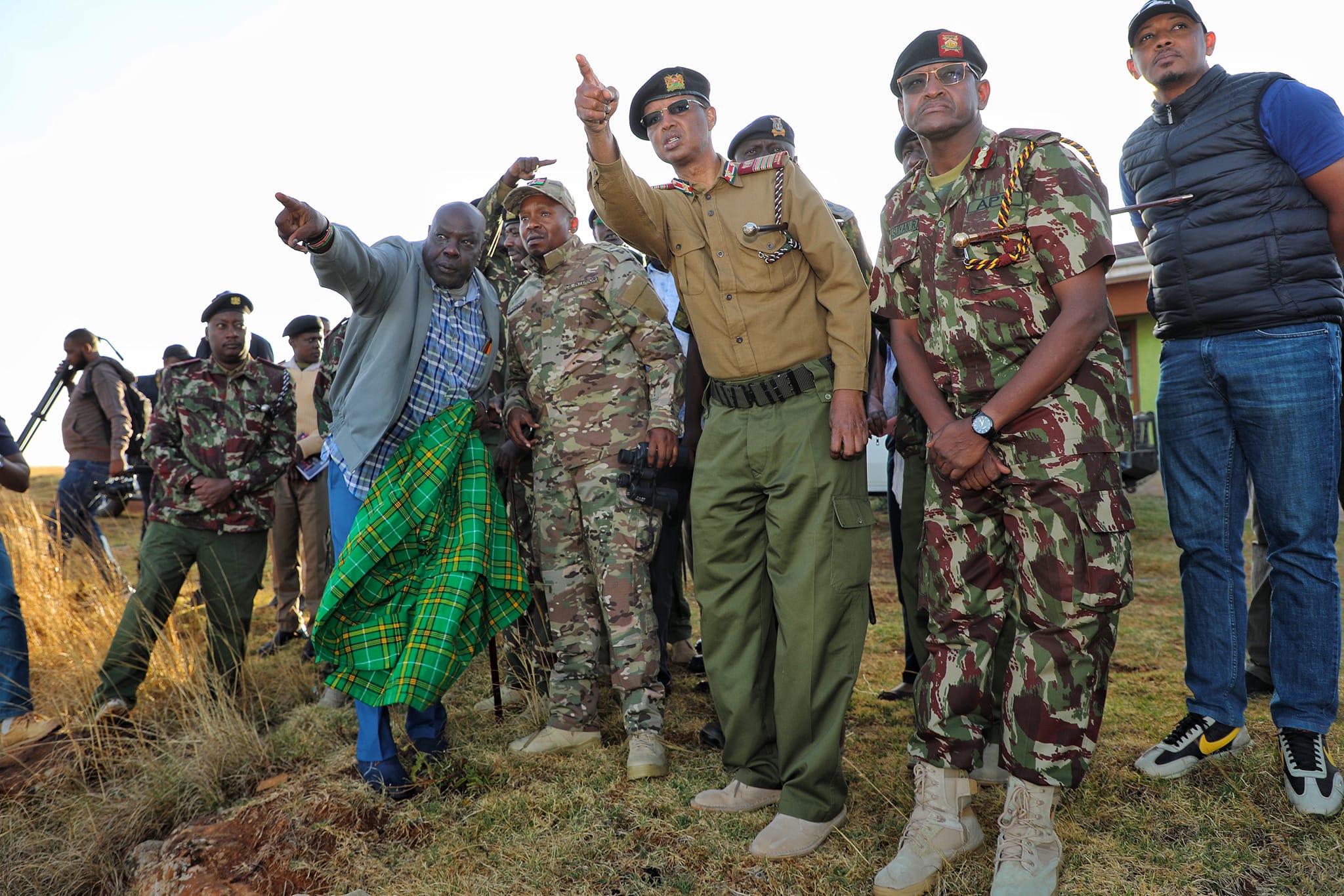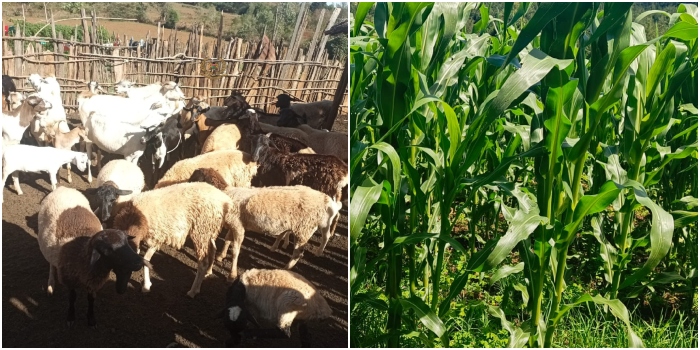Mukutani village in Baringo South, once synonymous with conflict and banditry, is charting a new course as displaced families return home to rebuild their lives through farming and community solidarity.
Branded a “ghost village” after waves of violence and displacement, Mukutani is now witnessing a remarkable turnaround.
Hundreds of residents are streaming back, not only reclaiming their land but also embracing farming as a new foundation for peace and livelihood.

“Right now, a community, for example, the Ilchamus, are farming some tomatoes, and as Tugens we have started with maize,” said one Mukutani resident.
“The Pokot had focused on livestock, but they've seen the importance of cultivating food first.”
The shift from dependence on livestock and the cycle of cattle rustling to crop farming marks a significant cultural and economic transformation in the area.
Villagers say the land, once deserted and scarred by conflict, is slowly being restored to productivity, and with it, a sense of unity.
Baringo South MP Charles Kamuren praised the residents’ efforts, describing the change as a community-driven peace pact.
“They have just returned to their farms. We have agreed to live in peace. We have put to a stop cattle rustling and are now focusing on transforming our lives,” Mr. Kamuren said.
The reconciliation process has fostered a spirit of collaboration among the Ilchamus, Tugens, and Pokot communities, who had long been divided by conflict.
Another resident noted that unity is now at the center of Mukutani’s revival.
“After we came to a consensus, we are doing things together. We are travelling to other places to collaborate in different roles. When we harvest, we share the proceeds,” the resident said.
Community leaders and residents alike believe that farming is more than just an economic activity; it is a tool for reconciliation, rebuilding trust, and ensuring food security.
Former Interior Cabinet Secretary Kithure Kindiki inaugurated new General Service Unit (GSU) camps, including the Kosile camp, and reinforced the presence of the Anti-Stock Theft Unit and Rapid Deployment Unit.

These forces are executing proactive operations to neutralize banditry and restore normalcy.
This initiative is a part of “Operation Maliza Uhalifu” a multi-agency drive involving the Kenya Defence Forces (KDF), National Police Service, GSU, Anti-Stock Theft Unit, and National Police Reservists (NPRs).
The campaign has led to the reopening of roads, recovery of stolen livestock, and dismantling of bandit hideouts.
In November 2024, Kindiki, now the deputy president, vowed to dismantle criminal networks by enacting intelligent law enforcement and disbanding bandit strongholds.
Security operations have secured formerly unsafe hills and valleys, such as Arabal and Ng’elecha, ensuring criminals cannot return even under the guise of grazing.
Further community-level involvement has supported security efforts.
Local commissioners, elders, and clergy have mobilized pastoralists and residents toward peacebuilding. Information-sharing among the community and security forces has helped disrupt criminal operations.

These government measures, combined with community-led farming and solidarity, are charting a new chapter for Mukutani. The village’s transformation offers a compelling example of how stability and security can provoke renewal.
Mukutani’s journey from a hotspot of banditry to a model of peace and resilience is inspiring other villages across Baringo. Locals are optimistic that the renewed sense of solidarity and shared farming efforts will sustain lasting peace in the region.
This rebirth aligns with strengthened security measures deployed by government forces to sustain peace and reclaim the county’s most volatile regions.

